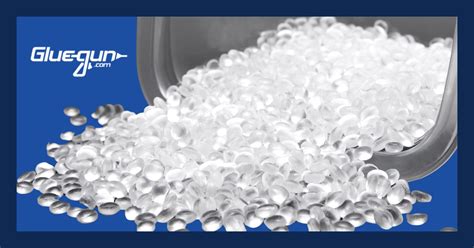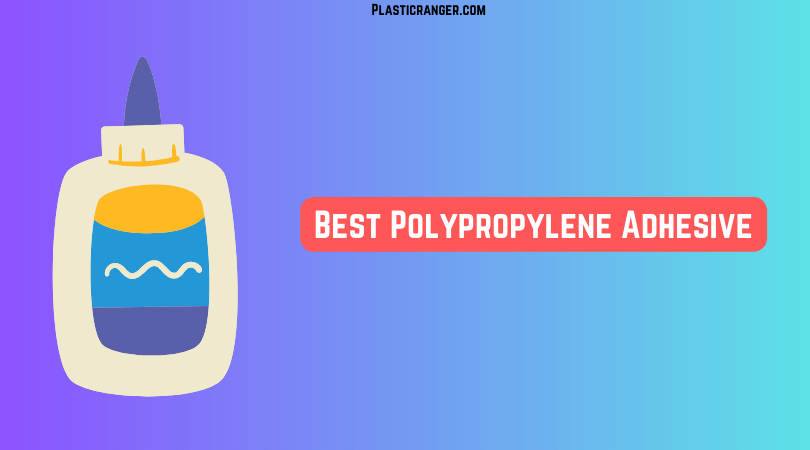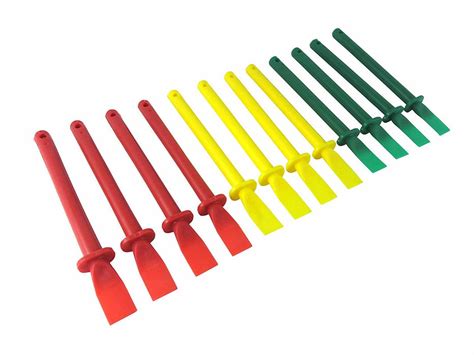Polypropylene glue, also known as polypropylene adhesive, is a type of adhesive specifically designed to bond polypropylene materials. Polypropylene is a popular thermoplastic polymer used in a wide range of applications, including packaging, automotive parts, and consumer goods. However, bonding polypropylene can be challenging due to its low surface energy and non-polar nature. This is where polypropylene glue comes into play, offering a reliable and efficient solution for joining polypropylene materials.
Properties and Characteristics of Polypropylene Glue

Polypropylene glue is typically a two-component adhesive, consisting of a resin and a hardener. When mixed together, these components react to form a strong and durable bond. The properties of polypropylene glue can vary depending on the specific formulation, but common characteristics include high tensile strength, excellent chemical resistance, and good thermal stability. Additionally, polypropylene glue is often flexible, allowing it to absorb vibrations and stresses without compromising the bond.
Types of Polypropylene Glue
There are several types of polypropylene glue available, each with its own unique characteristics and applications. Some common types include:
- Acrylic-based polypropylene glue: This type of glue is known for its high strength and flexibility, making it suitable for bonding polypropylene materials in demanding applications.
- Epoxy-based polypropylene glue: Epoxy-based glues offer high chemical resistance and thermal stability, making them ideal for bonding polypropylene materials in harsh environments.
- Cyanoacrylate-based polypropylene glue: This type of glue is known for its fast curing time and high strength, making it suitable for bonding polypropylene materials in high-volume production applications.
Key Points
- Polypropylene glue is a specialized adhesive designed to bond polypropylene materials.
- It is typically a two-component adhesive, consisting of a resin and a hardener.
- Polypropylene glue offers high tensile strength, excellent chemical resistance, and good thermal stability.
- There are several types of polypropylene glue available, each with its own unique characteristics and applications.
- Polypropylene glue is suitable for a wide range of applications, including packaging, automotive, and consumer goods.
Applications of Polypropylene Glue

Polypropylene glue has a wide range of applications across various industries. Some common uses include:
- Packaging: Polypropylene glue is used to bond polypropylene materials in packaging applications, such as containers, bottles, and caps.
- Automotive: Polypropylene glue is used to bond polypropylene materials in automotive applications, such as dashboards, trim, and exterior components.
- Consumer goods: Polypropylene glue is used to bond polypropylene materials in consumer goods applications, such as appliances, furniture, and sporting goods.
Benefits of Using Polypropylene Glue
Polypropylene glue offers several benefits, including:
- High strength and durability: Polypropylene glue provides a strong and durable bond, making it suitable for demanding applications.
- Excellent chemical resistance: Polypropylene glue is resistant to a wide range of chemicals, making it suitable for use in harsh environments.
- Good thermal stability: Polypropylene glue has good thermal stability, making it suitable for use in high-temperature applications.
- Flexibility: Polypropylene glue is often flexible, allowing it to absorb vibrations and stresses without compromising the bond.
| Property | Value |
|---|---|
| Tensile strength | 3000-5000 psi |
| Chemical resistance | Excellent resistance to acids, bases, and solvents |
| Thermal stability | Up to 200°F (93°C) |
| Flexibility | Up to 50% elongation |

Technical Specifications and Considerations
When working with polypropylene glue, it’s essential to consider the technical specifications and potential challenges. Some key considerations include:
- Surface preparation: The surface of the polypropylene material must be clean and dry to ensure a strong bond.
- Application temperature: The application temperature of the glue can affect the bonding process and the final strength of the bond.
- Curing time: The curing time of the glue can vary depending on the specific formulation and environmental conditions.
Common Challenges and Solutions
When working with polypropylene glue, you may encounter some common challenges, including:
- Poor bonding: Poor bonding can occur if the surface of the polypropylene material is not properly prepared or if the glue is not applied correctly.
- Delamination: Delamination can occur if the glue is not properly cured or if the bonded materials are subjected to excessive stress or vibration.
- Chemical resistance: Chemical resistance can be compromised if the glue is not properly formulated or if the bonded materials are exposed to harsh chemicals.
What is polypropylene glue and how does it work?
+Polypropylene glue is a specialized adhesive designed to bond polypropylene materials. It works by forming a strong and durable bond between the polypropylene surfaces, often through a chemical reaction between the resin and hardener components.
What are the benefits of using polypropylene glue?
+The benefits of using polypropylene glue include high strength and durability, excellent chemical resistance, good thermal stability, and flexibility. These properties make polypropylene glue suitable for a wide range of applications, including packaging, automotive, and consumer goods.
How do I select the right polypropylene glue for my application?
+To select the right polypropylene glue for your application, consider the specific requirements of your project, including the type of polypropylene material, the desired bond strength, and the environmental conditions. It’s also essential to read and follow the manufacturer’s instructions for application and curing.
